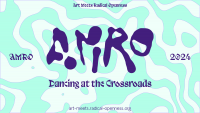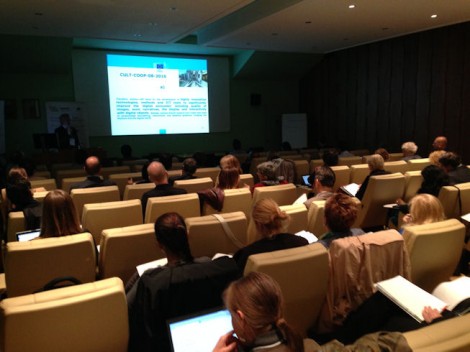 “New Horizons for Cultural Heritage – Recalibrating relationships: bringing cultural heritage and people together in a changing Europe” was the Second Policy Seminar organised by the RICHES project to discuss how the project can provide insights to support evidence-based policymaking in Europe.
“New Horizons for Cultural Heritage – Recalibrating relationships: bringing cultural heritage and people together in a changing Europe” was the Second Policy Seminar organised by the RICHES project to discuss how the project can provide insights to support evidence-based policymaking in Europe.
The seminar, hosted at the Royal Institute for Cultural Heritage (KIK-IRPA), comprises political updates by representatives from the European Parliament and the European Commission, the presentation of policy recommendations from the RICHES project and a Round Table discussion involving major stakeholders.
The seminar started with a pre-event consisting in a networking session of EC Projects, with the participation of more than 20 projects in different frameworks.
The networking sessions was follow up to the first such session organised on the occasion of the first Policy Seminar in October 2015. The scope of this session was to reflect on how to sustain the organisation of these kind of appointments in the future, after the end of the RICHES project. In facts, as the RICHES events are organized with networking sessions and discussions, they represent a good opportunity to reflect on the impact that cultural heritage projects are delivering, identify opportunities to improve the effectiveness of their results, and identify synergies and the potential for collaboration among projects.
In the light to continue the dissemination of the results of the CIVIC EPISTEMOLOGIES project and to strengthen the establishment of a valuable network among EU projects, Mauro Fazio (Project Coordinator) presented the results achieved by the project.
The dissemination materials have been also distributed by the staff of Promoter, who realised a Digital Gallery showing the two posters developed by the CIVIC EPISTEMOLGIES project. Have a look to the Digital Gallery here: http://www.digitalmeetsculture.net/projects/riches/digital-poster-exhibition/
For further information, the presentations by the speakers and any further outcome of the Policy Seminar, please visit the event page on the RICHES website.


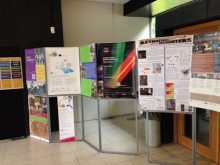
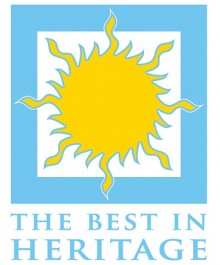
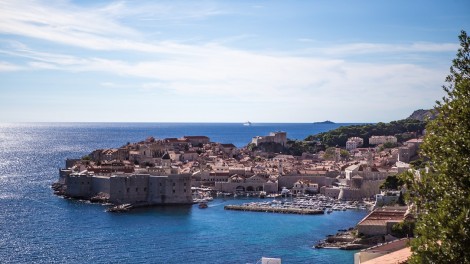
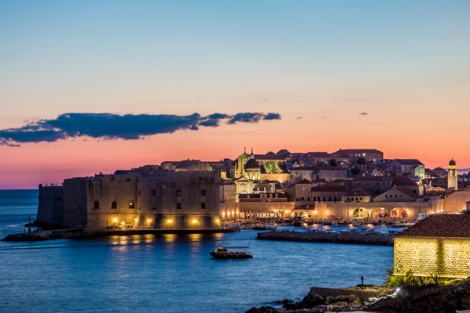
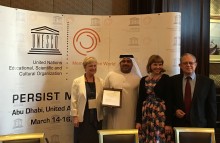


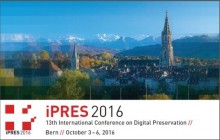

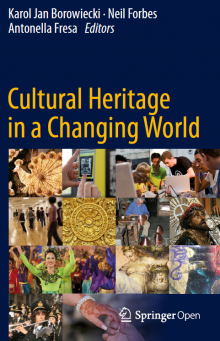
 Developed within the RICHES FP7 research project about the context of change of our society and cultural heritage, the book “Cultural Heritage in a Changing World” addresses several core topics, through essays of important experts, adding to the debates surrounding the cultural heritage domain.
Developed within the RICHES FP7 research project about the context of change of our society and cultural heritage, the book “Cultural Heritage in a Changing World” addresses several core topics, through essays of important experts, adding to the debates surrounding the cultural heritage domain.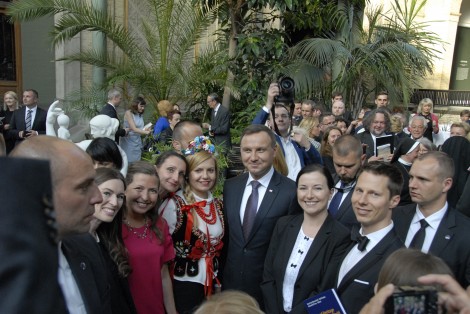
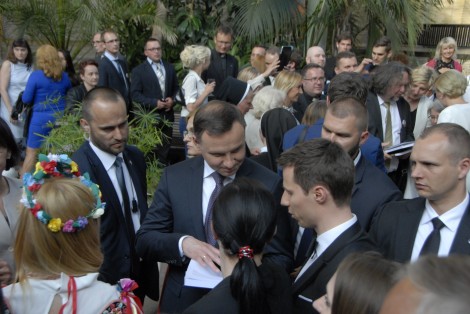
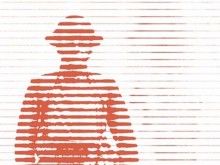
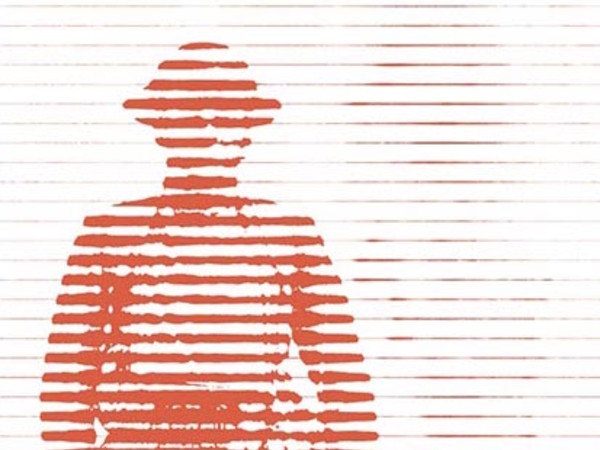 Gorizia is the place chosen for the site-specific installation made by Josha Cesa: a great artwork of multi-sensory contemporary art, which will be placed directly inside a pedestrian tunnel of 350 meters linking the center of the Italian city with the Slovenian Carso upland.
Gorizia is the place chosen for the site-specific installation made by Josha Cesa: a great artwork of multi-sensory contemporary art, which will be placed directly inside a pedestrian tunnel of 350 meters linking the center of the Italian city with the Slovenian Carso upland.
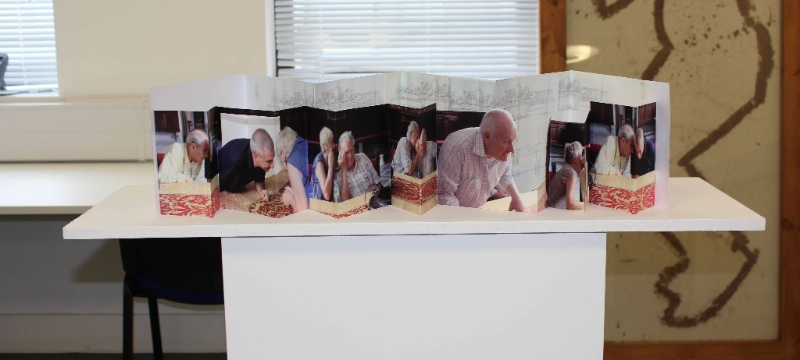
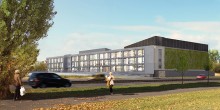
 The
The 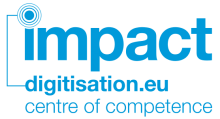 The
The  The digitisation days will take place in Poznań, on October 6-7, 2016 and it is organised by the Poznań Supercomputing and Networking Center, in collaboration with the Impact Centre of Competence.
The digitisation days will take place in Poznań, on October 6-7, 2016 and it is organised by the Poznań Supercomputing and Networking Center, in collaboration with the Impact Centre of Competence. The
The  If you have interesting news and events to point out in the field of digital cultural heritage, we are waiting for your contribution.
If you have interesting news and events to point out in the field of digital cultural heritage, we are waiting for your contribution.














